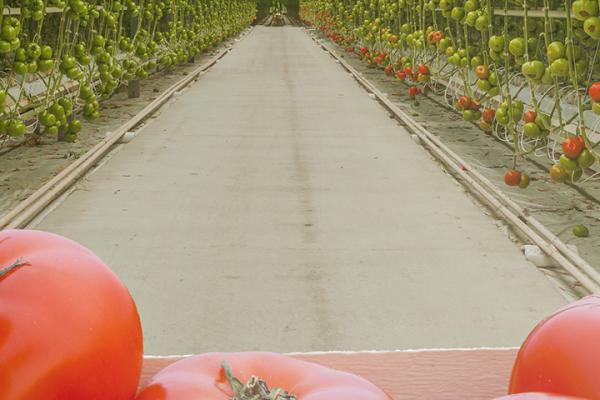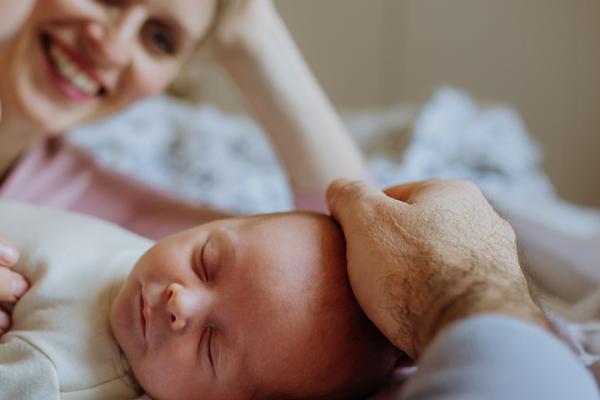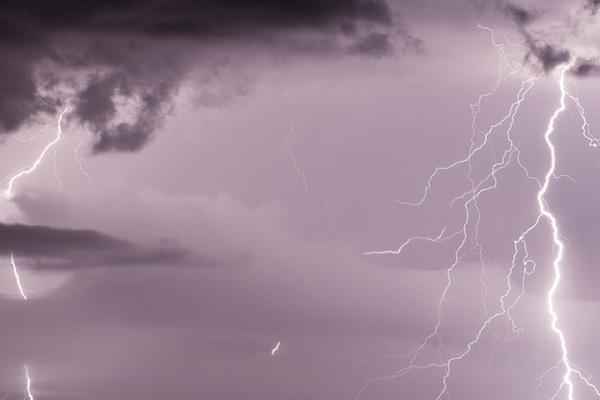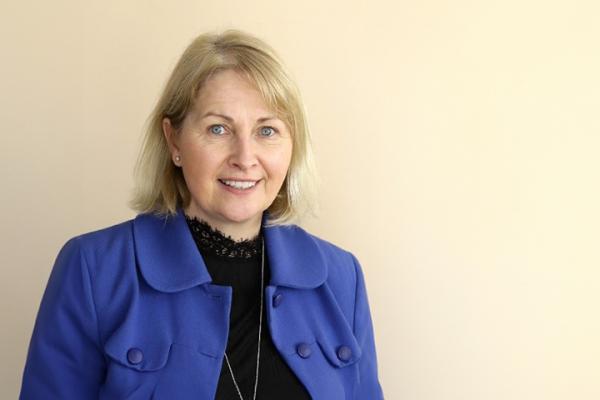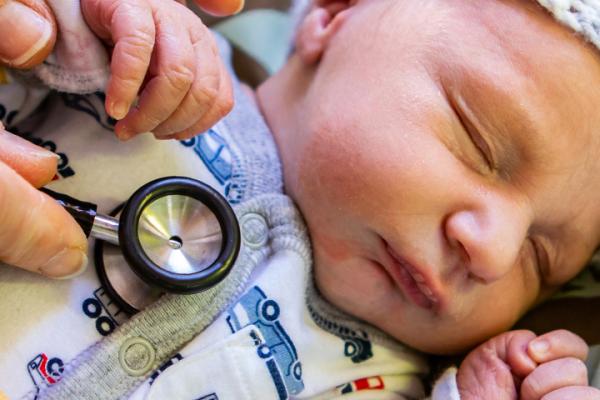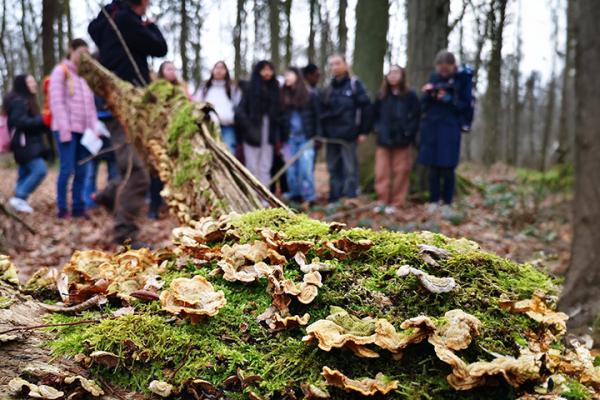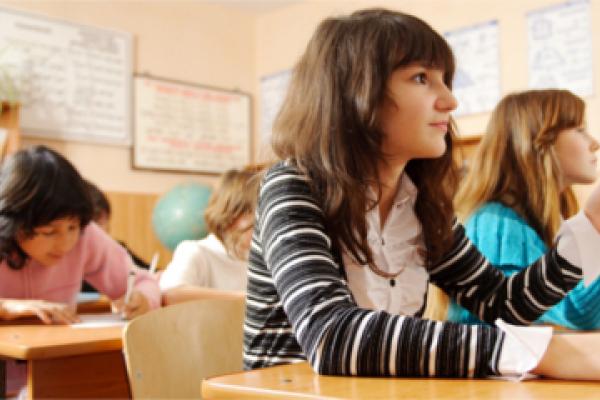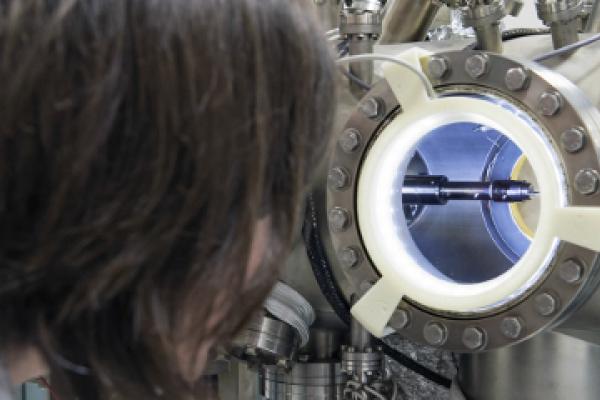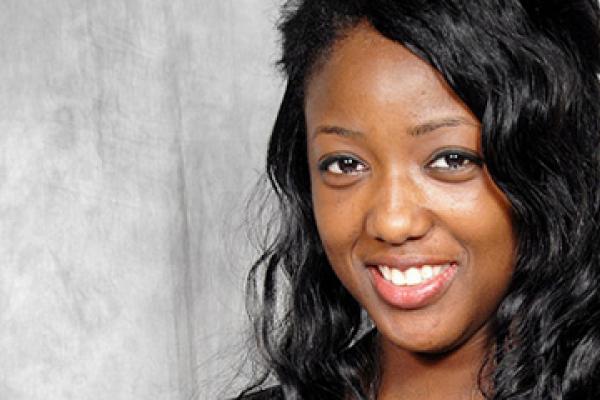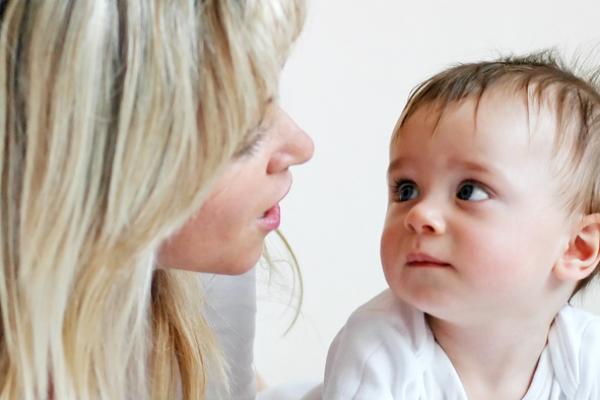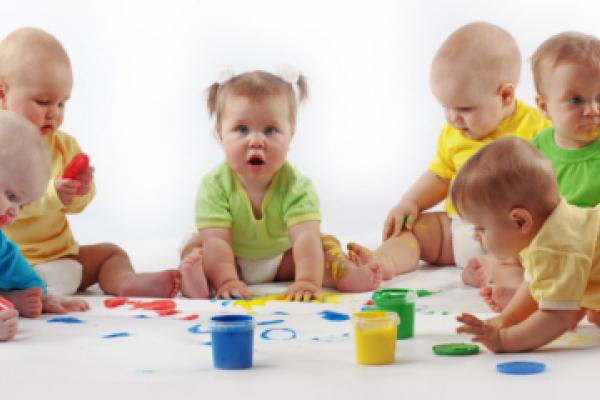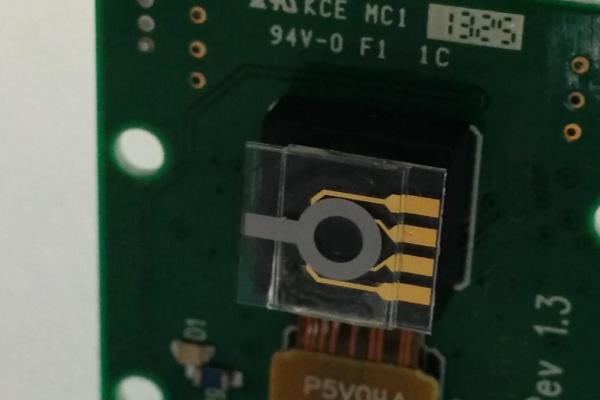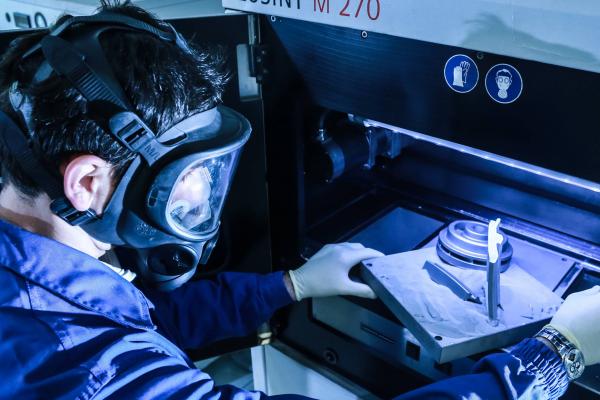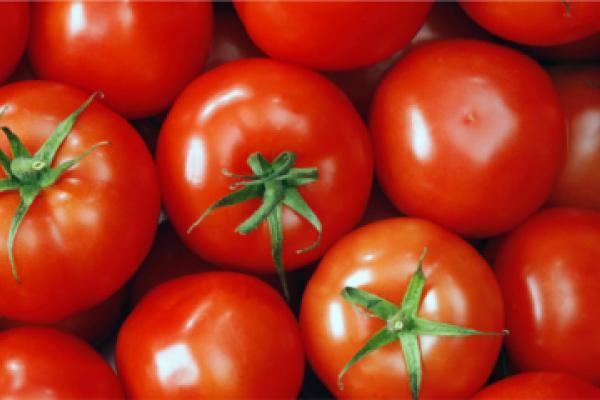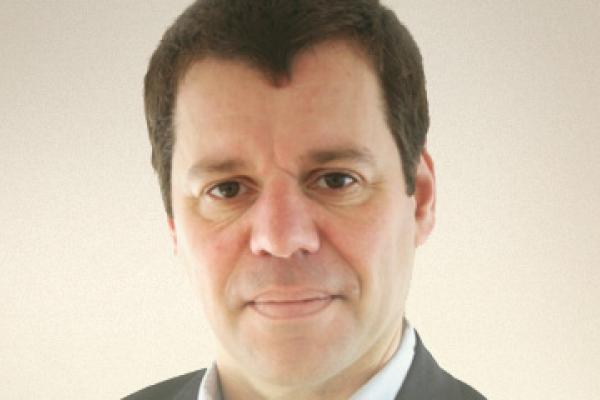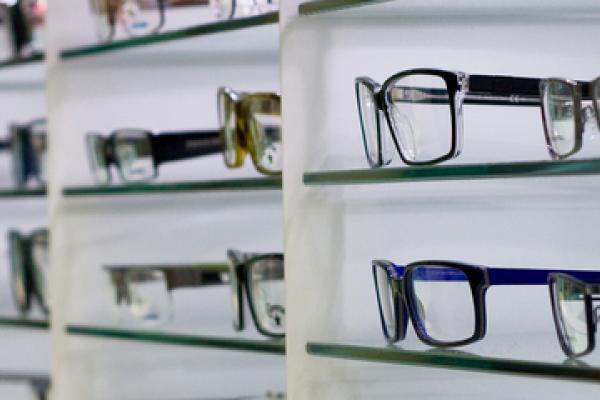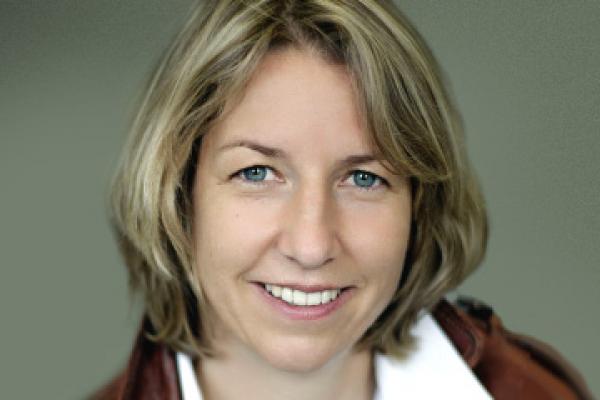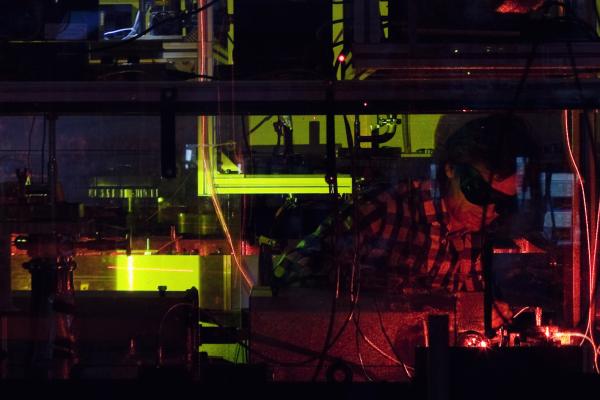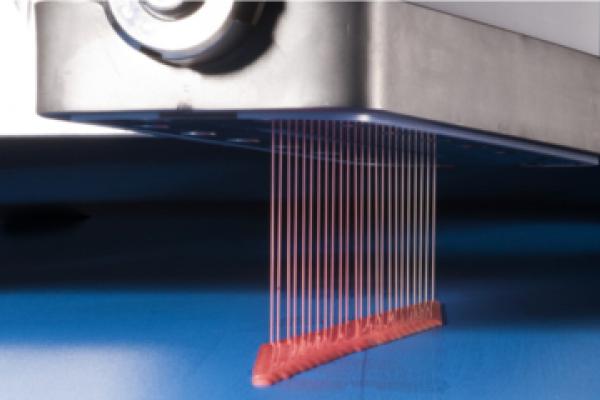EU-funded researchers are exploring new ways to learn that make science more relevant to everyday life – and more fun.
Special series

Researchers on a mission
The EU is on a mission with researchers to protect our planet and society.
By helping researchers discover new ways to improve people’s lives, and to protect us from climate change and global health shocks, the EU is building a better future for all of us.
Most popular
-
1
-
2By Andrew Dunne
-
3By Helen Massy-Beresford
-
4By Horizon Staff
-
5
Top videos
Miracle material enters the limelight with European help
14 July 2024
Pioneering care for preemies – from artificial placentas to brain-healing stem cells
12 July 2024
Past articles
On some streets in Europe, eight out of 10 children go to university, while in others it’s fewer than eight in 100. That’s according to an EU project which aims to reverse this trend by encouraging institutions to set up children’s universities and get young people to help change the way science is taught.
Some bilingual children could find it harder to keep up than others, researchers believe, because one language can affect the other.
Your laptop, smartphone or tablet could one day see a massive performance boost thanks to scientists who are shrinking electronics down to its ultimate limit: the size of single atoms or molecules.
Climate information should be used not only to address impacts, but also to make agriculture more resource efficient and profitable, starting from regional climate services, according to Professor Riccardo Valentini, a leading author of the UN’s Intergovernmental Panel on Climate Change (IPCC) Fifth Assessment Report. He explained his ideas in an interview with Horizon on the sidelines of Climate Change Adaptation and Mitigation, an event on 6 May in Brussels to discuss the implications of the IPCC report.
If more girls are to study science, technology, engineering and maths (STEM) subjects at university, then attitudes among parents and society at large must change – that’s according to Anne-Marie Imafidon, a speaker at the EU’s Innovation Convention in March 2014. She passed an A level in computing aged 11, and at 20, she obtained a master’s degree. She is the founder of Stemettes, an organisation which encourages girls to get into STEM subjects by connecting them with women working in the field.
The challenge of tackling some diseases is too great for just one institution, company or country. The Innovative Medicines Initiative (IMI) is showing that by bringing people together, real progress can be made, according to Professor Michel Goldman, the initiative’s executive director.
Babies could understand our gestures from as young as two months of age, researchers believe, turning mainstream theory on its head and meaning that parents should spend more time engaging with their newborns.
As deadly whooping cough makes an unwelcome comeback, scientists are working on new ways to prevent and treat it.
This month, Horizon looks at the research shaping the lives of Europe’s younger generations, and heads to the classroom to learn how technology is transforming education.
A network of European satellites could save lives during floods and landslides as researchers work out how to help people use data from the world’s biggest earth monitoring system.
A new type of lens could make the batteries in your smartphone and tablet last longer, and it’s based on liquid crystal.
Researchers have made a glassful of jet fuel by combining carbon dioxide and water in a reactor powered by concentrated sunlight.
3D printing is poised to transform the world as we know it. Consumer goods will be personalised and produced on demand, while manufacturers will be able to use 3D printing to come up with radical new designs for everyday objects. But how will this happen, and when?
Researchers are using a lacquer made from processed tomatoes to coat cans of food as part of a drive to replace food packaging with healthier, natural alternatives.
Copyright law will struggle to be relevant for 3D-printed material, according to Joren De Wachter, an intellectual property strategist who advises companies and investors on the best way to use, understand and value the intellectual property of 3D-printed goods.
At Easter, the temptation of chocolate lurks everywhere. Resisting the urge to overdo it is an important part of eating healthily. But medical researchers say that some of the ingredients in cocoa could play a role, as part of a nutritious diet, in preventing cardiovascular problems.
Made-to-measure glasses would be more comfortable than normal ones, look better and work more effectively, according to one of a group of research projects that are developing ways to 3D print healthcare products on demand.
The freedom of running your own company can make it easier to combine work with family. That’s according to human geneticist and entrepreneur Dr Saskia Biskup, the first-prize winner of the EU Prize for Women Innovators 2014. She is the co-founder of CeGaTGmbH, a leading German biotech company that conducts diagnostic testing for genetic diseases.
Scientists at the University of Darmstadt, in Germany, have trapped a pulse of light inside a crystal for a minute, and used it to store an image, raising the possibility of light-based computers that could work faster than today’s electronic processors and transistors.
Researchers are working to revolutionise mealtimes for elderly people with swallowing problems – by 3D-printing their food.
Weekly news alert


